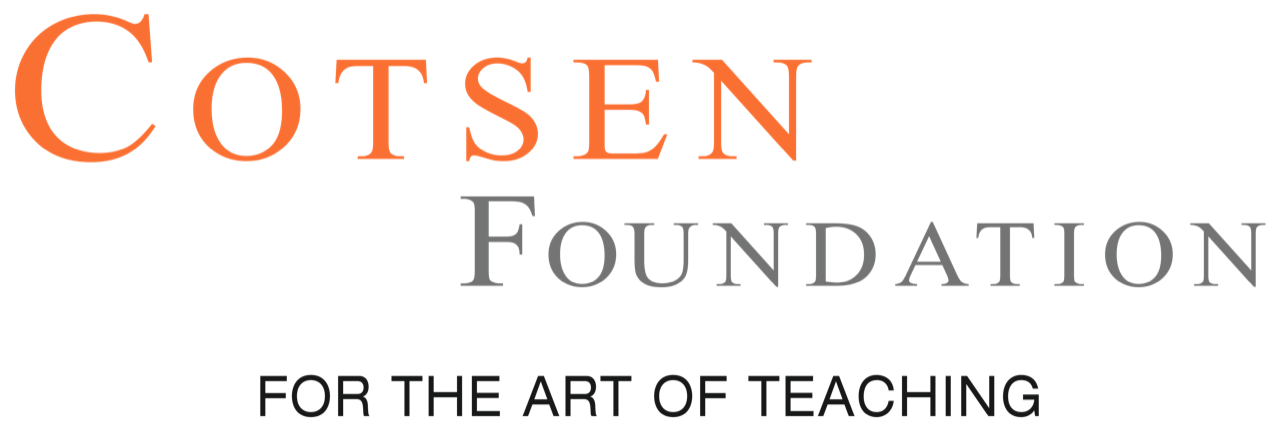
There is a considerable body of research that speaks to the effectiveness of coaching as a tool for improving instruction. Having another set of friendly eyes in a classroom to provide feedback enables teachers to remain focused and relentless in their pursuit of excellence. Consequently, the ART of TEACHING is committed to providing the highest quality ongoing support for mentors and administrators as they work to enhance their coaching skills. It is for this reason that the Cotsen Foundation sponsored a coaching workshop for mentors and principals earlier this year. Led by Drs. Cindy Kratzer and Carolee Koehn Hurtado, the session focused on differentiating coaching questions and strategies to propel teachers even further in their quest for instructional excellence.
The workshop took place from 8 a.m. to 11:30 a.m. at The Centre at Sycamore Plaza. A unique aspect of the session was that it examined coaching through the lens of math instruction support. As a result, throughout the session, presenters and participants explored strategies and considerations needed to coach teachers who possess strong mathematical content knowledge.
Attendees began the day with a thoughtful discussion in which they reviewed coaching fundamentals and shared success stories about previous coaching work. Underscoring the importance of the mastering coaching fundamentals, Dr. Kratzer noted, “When we coach, whether we’re a principal, a coach, or a mentor, we want to always make sure that these fundamentals are in place. For without them, the best designed questions, the best coaching conversations are not going to accomplish the goal of improving instruction.”
Following the opening section of the agenda, the conversation shifted to research and pedagogy related to Cognitively Guided Instruction (CGI). During the conversation, Dr. Hurtado discussed the elements of CGI that coaches might see inside the classroom with teachers who are experienced CGI implementers. Among the behaviors, she cited, were student initiative to teach their peers, teacher engagement in content knowledge, and the adding or extension of a student’s mathematical knowledge instead of merely showing them how to get the answer.
During the latter part of the workshop, participants applied what they had been learning as they analyzed student work. For greater context, Dr. Kratzer and Dr. Hurtado provided a video of a teacher’s math lesson. “Using classroom videos gives everyone a shared experience where we can all look at the same lesson,” said Dr. Hurtado. “We can stop it and analyze what is happening, share our ideas, and then we can brainstorm different ways to coach because there are so many things that happen within a lesson,” she concluded.
The group then had the opportunity to partner up, brainstorm, and roleplay as they focused on debriefing conversations anchored in the analysis of student work. One of the primary goals of the exercise was to recognize and practice ways to encourage teachers to take next steps toward deeper implementation, by using the (FRAQ) framework:
- Focus of the observation and debrief
- Resources you will use or reference
- Action items or next steps you will elicit from the teacher
- Questions or data you will use to build the teacher’s content knowledge
As the workshop came to an end, participants considered how they will apply the information and skills that they had acquired back at their sites to support the improvement of math instruction. Commenting on the day’s activities ART of TEACHING Executive Director Jerry Harris noted, “Today was our first time bringing coaches and principals together to deepen their coaching skills in support excellence in mathematical teaching and learning. It was impressive to see school instructional leaders in the form of both administrators and mentor teachers refining and honing their skills to support instructional improvement in the area of math. It will be exciting to see them utilize what they have learned back at their schools.”

